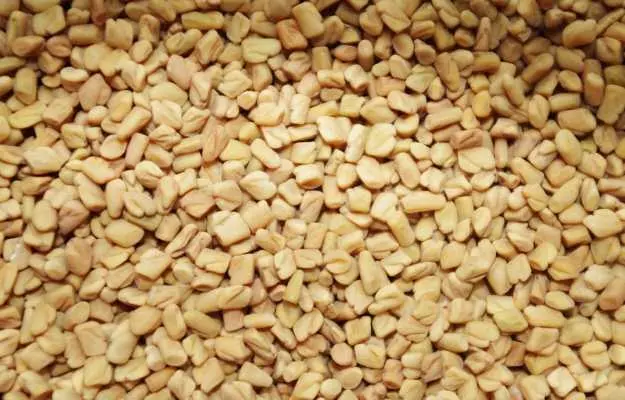What is Fenugreek (Methi)?
Fenugreek is a herb which is exorbitantly used for cooking due to its palatable taste and fragrance and in medicine, particularly in Ayurveda, due to its exceptional healing properties.
Fenugreek is native to the Mediterranean region, Southern Europe, and parts of Western Asia. It requires sufficient sunlight and fertile soil for its growth and is thus commonly cultivated in India, which is one of the largest producers of fenugreek in the world. Here, fenugreek leaves (methi) are commonly cooked as a vegetable, and the seeds are used as an active ingredient of spices and medicines. It is also additionally used as an additive agent to improve the palatability of certain drugs or medicines while masking the taste of other ingredients.
Other than this, fenugreek is commonly used for home-based remedies and treatments of various disorders and ailments, forming an inevitable part of Indian homes and kitchens.
Digestive disorders are most commonly treated with these home remedies, due to the therapeutic effects of fenugreek on the digestive system. These will be discussed in the later sections of the article.
The use of fenugreek dates back to the history of mankind. Fenugreek was used by ancient Greeks for the process of embalming, as evidenced by the remains of this herb in tombs. Due to its strong taste and smell, it is also used as a non-caffeine substitute for coffee. Let’s have a look at some basic facts and nutritional values of this wonderful herb.
Some basic facts about Fenugreek
- Botanical name: Trigonella foenum-graecum
- Family: Fabaceae (Pea Family)
- Common names: Methi, Methi dana, Greek Hay, Greek Clover
- Sanskrit name: Bahuparni
- Parts used: Seed and leaves
- Energetics: Warm













